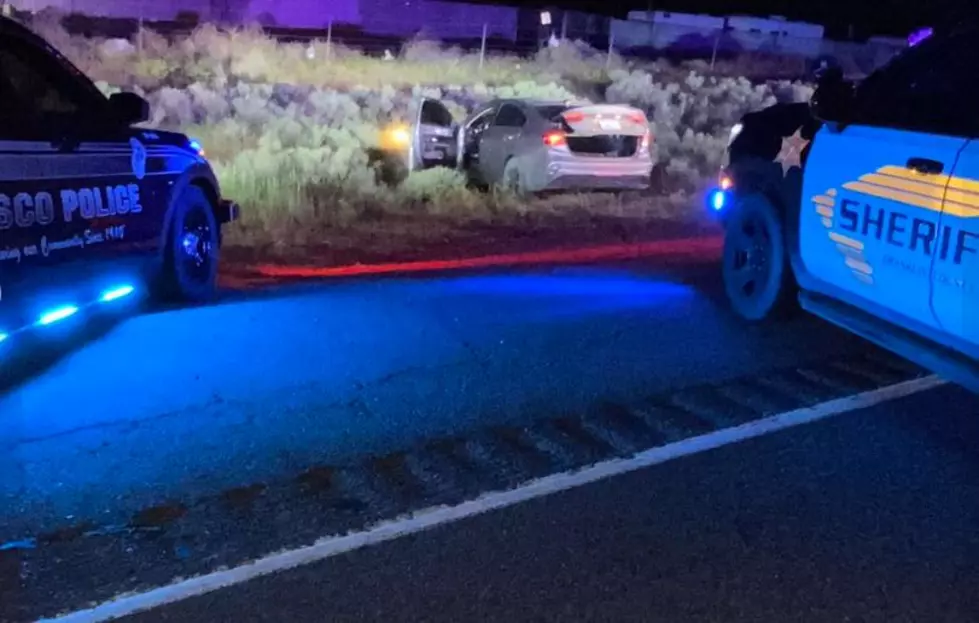
The Latest Scam In Washington State Brings You…To Them
Most scams and attempts to defraud the public seek you out. You've been warned to watch your phone for numbers from certain area codes, avoid clicking on links in certain emails, and be aware of phishing for your personal information.

As more awareness is raised about scammers and their methods to help inform and protect people, the scammers look for ways to stay one step ahead of authorities. They also look for newer avenues to take advantage of an unassuming and unaware public.
This Is The Newest Scam To Hit Washington State
With the rise in popularity of cryptocurrency it opened the door for scammers to take advantage of those looking to buy one of the many options available to the public. The top 10 cryptocurrencies, as listed by Forbes, all have market caps in the multibillions of dollars.
It is an increasingly lucrative medium and that tends to inspire those looking to make a quick buck to take advantage of people who may not know what to look for and what to avoid.
The first licensed bitcoin ATM in the United States was in Seattle in 2014. It was developed by Emerald City based Coinme after they worked with the Washington State Department of Financial Institutions to revise state finance laws and secure a license to operate a kiosk. The first kiosks were in a restaurant in Belltown, the UW campus, and just south of Seattle.
As the years have rolled on, and the popularity of the machines have increased, the ability for scammers to take advantage presented itself. DFI just recently put out a warning to consumers about the growing use of Crypto ATMs by scammers.
Scammers have started directing victims to send virtual currency via virtual currency kiosks. While there are many scam tactics, scammers may work to gain a victim’s trust over time, creating a false sense of security before fabricating an urgent situation in which they need the victim’s help. The scammer directs their victim to deposit the cash into a virtual currency kiosk and purchase virtual currency, which is then sent to the scammer’s virtual currency wallet.
DFI also encourages you to verify the license of the money transmitter, which you can do at DFI's website with the Verify License feature. They also wante you to call and report any machine you suspect of being fraudulent, or unlicensed, at 1-877-RING-DFI (746-4334), or online at www.dfi.wa.gov.
They have also released an updated policy statement regarding requirements for virtual kiosks that you can read by clicking here.
LOOK: Unique baby names from the year you were born
Gallery Credit: Stacker
More From 870 AM KFLD





